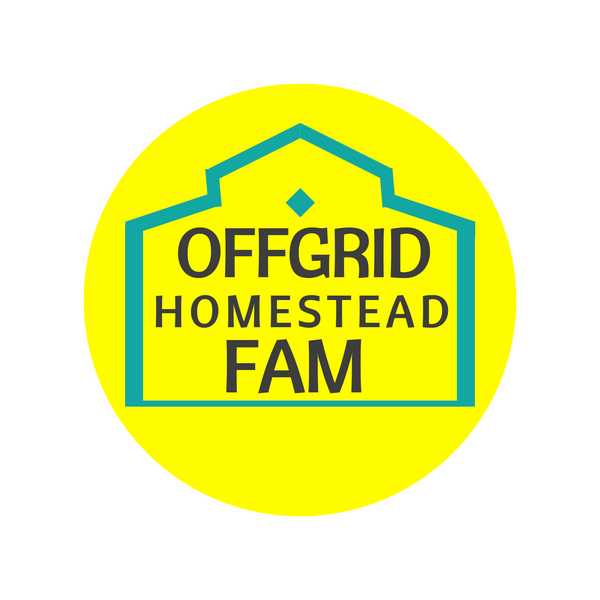
Off-Grid Living: Key Considerations for building an Offgrid Safe Haven
Share
In a world marked by uncertainty, many are drawn to the idea of creating a safe haven—a refuge where friends and family can find shelter and security if society falters. For those considering the journey of building an off-grid homestead, the desire to provide for loved ones in times of crisis often serves as a powerful motivator. However, it's essential to approach this endeavor with a prepper's mindset, understanding the resources required for each individual in a worst-case scenario.
The Prepper's Mindset:
Most individuals who choose to move off-grid or start a homestead do so with a prepper's mindset. This means acknowledging the possibility of societal collapse or other catastrophic events and taking proactive steps to prepare for such scenarios. While this mindset may seem extreme to some, it's rooted in a desire to ensure the safety and well-being of oneself and loved ones in the face of adversity.
Understanding Resource Requirements:
In a SHTF (Sh*t Hits The Fan) scenario, understanding the resources required for each individual is crucial for survival. This includes accounting for food, water, and accommodations. When calculating food and water needs, consider factors such as age, sex, activity level, and any dietary restrictions. The general rule of thumb is to plan for at least one gallon of water per person per day and an adequate supply of non-perishable food items that provide essential nutrients and calories.
Assessing Skills and Contributions:
In a community-focused off-grid homestead, the skills and contributions of each individual play a significant role in collective resilience. People who lack essential skills or are unwilling to contribute may not be helpful to the community's survival efforts. Therefore, it's essential to assess the skills, knowledge, and willingness to work together as a cohesive unit.
Encouraging Investment:
Creating a safe haven requires a collective effort, and getting family and friends to invest—both financially and emotionally—is essential. Even small contributions can make a significant difference in building and sustaining the homestead. Encourage loved ones to contribute in whatever way they can, whether it's through financial support, physical labor, or sharing valuable skills and knowledge.
Conclusion:
Building an off-grid homestead is not just about creating a physical space—it's about preparing for an uncertain future and ensuring the well-being of those we care about most. By adopting a prepper's mindset, understanding resource requirements, assessing skills and contributions, and encouraging investment from family and friends, we can create a resilient and supportive community capable of weathering any storm. So, if you're considering embarking on the journey of off-grid living, remember to plan not just for yourself but for the collective well-being of your loved ones. Together, we can build a safer, more secure future for all.
